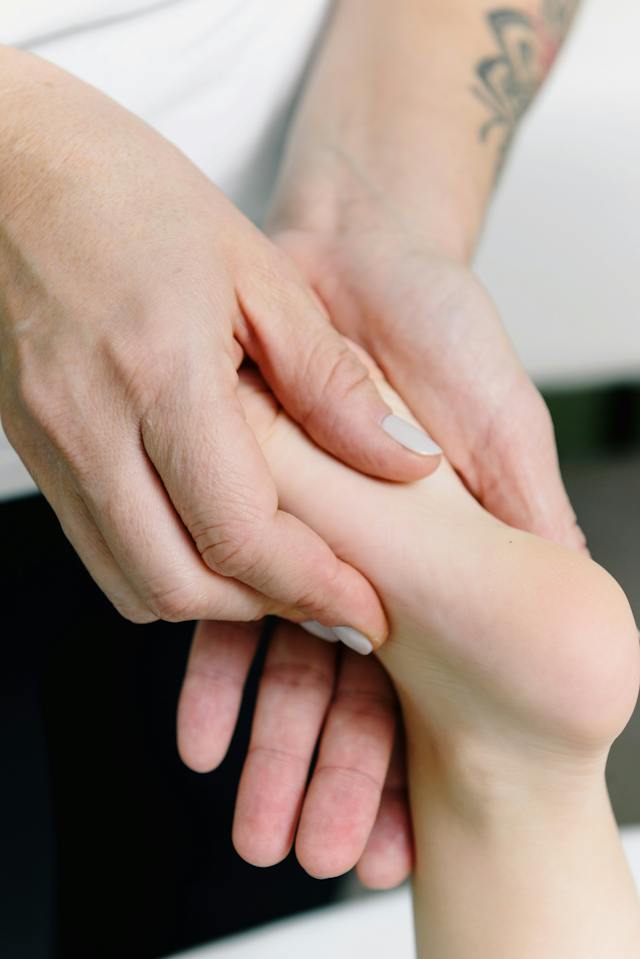Introduction:
Welcoming a newborn into the world is a joyous occasion, accompanied by the
responsibility of ensuring their delicate skin remains healthy and radiant.
In this comprehensive guide, we’ll delve into essential tips for newborn skin care, providing
you with valuable insights to nurture your baby’s skin from the very beginning.
Understanding Newborn Skin:
Newborn skin is incredibly delicate and sensitive, requiring special attention and care.
With its thin outer layer, it’s more prone to dryness, irritation, and other skin issues.
By following the right baby skin care routine, you can help your little one’s skin glow and
grow healthily.
Gentle Cleansing:
Start with mild, fragrance-free baby cleansers to gently cleanse your newborn’s skin.
Opt for products specifically formulated for sensitive skin to avoid any harsh reactions.
Hydration is Key:
Keep your baby’s skin well-hydrated by applying a fragrance-free baby moisturizer.
Look for ingredients like chamomile or calendula, known for their soothing properties.
Diaper Duty:
Regular diaper changes are crucial to prevent diaper rash.
Use hypoallergenic wipes and apply a diaper cream containing zinc oxide to create a
protective barrier.
Avoid Harsh Fabrics:
Choose soft, breathable fabrics like cotton for your baby’s clothing to minimize skin
irritation.
Wash new clothes before use to remove any potential irritants.
Sun Protection:
While it’s best to keep newborns out of direct sunlight, if exposure is unavoidable, use a
gentle baby sunscreen with a high SPF, specifically designed for infants.
Watch for Common Skin Issues:
Keep an eye out for common newborn skin issues like cradle cap, baby acne, or eczema.
Consult with your pediatrician for appropriate treatments or skincare recommendations.
Fragrance-Free Products:
Opt for fragrance-free baby products to reduce the risk of skin irritation.
Babies have sensitive noses, and strong fragrances may be overwhelming for them.
Maintain a Comfortable Environment:
Regulate the room temperature to keep your baby comfortable.
Extreme temperatures can lead to skin dryness or irritation.
Conclusion:
Navigating newborn skin care may seem challenging initially, but with the right information
and products, you can create a nurturing routine that promotes healthy and radiant skin.
By incorporating these tips into your daily routine, you’ll be well on your way to ensuring
your baby’s skin glows and grows beautifully.
Remember, every baby is unique, so it’s essential to observe and adapt your skincare
routine based on your baby’s individual needs.
Embrace the journey of parenthood with confidence, knowing that you are providing the
best care for your precious little one.


